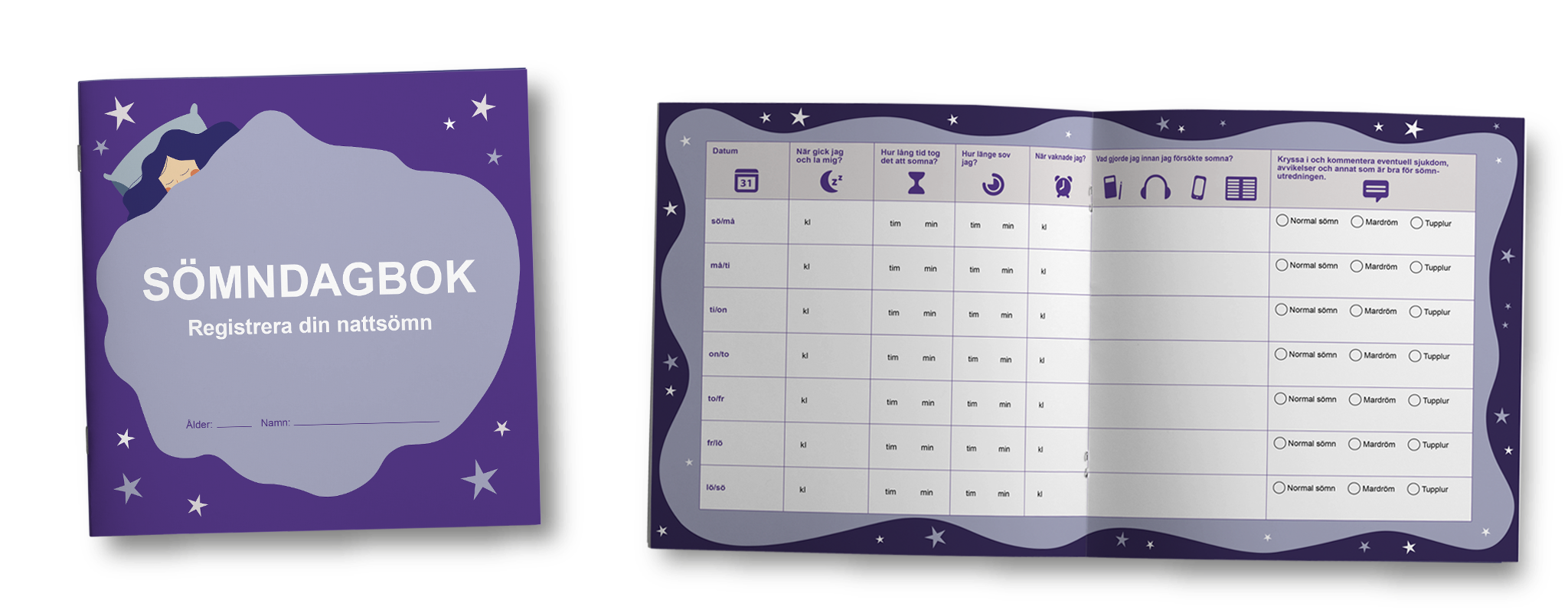Night is the Mother of Day.
Sleep is one of our most fundamental needs. So isn’t it strange that 40 % of people say they have problems sleeping? You have to wonder what nature was thinking...1
To be honest though, nature probably wasn’t expecting fluorescent tubes, mobile phones, coffee, and nine-to-five jobs. And if you think about it, it’s actually kind of amazing that most of us still manage to sleep fairly well, even if our modern lives do often derail our natural sleep cycle.
Sleep is a means. Not an end. It’s a process that allows the body to repair itself, to tidy up, and to clean up.2 And the more you know about sleep, particularly your own, the greater the chance that sleep will come when it’s supposed to.
AGB-Pharma’s goal is better sleep health for everyone. Not for the sake of the night. But for the sake of your day.
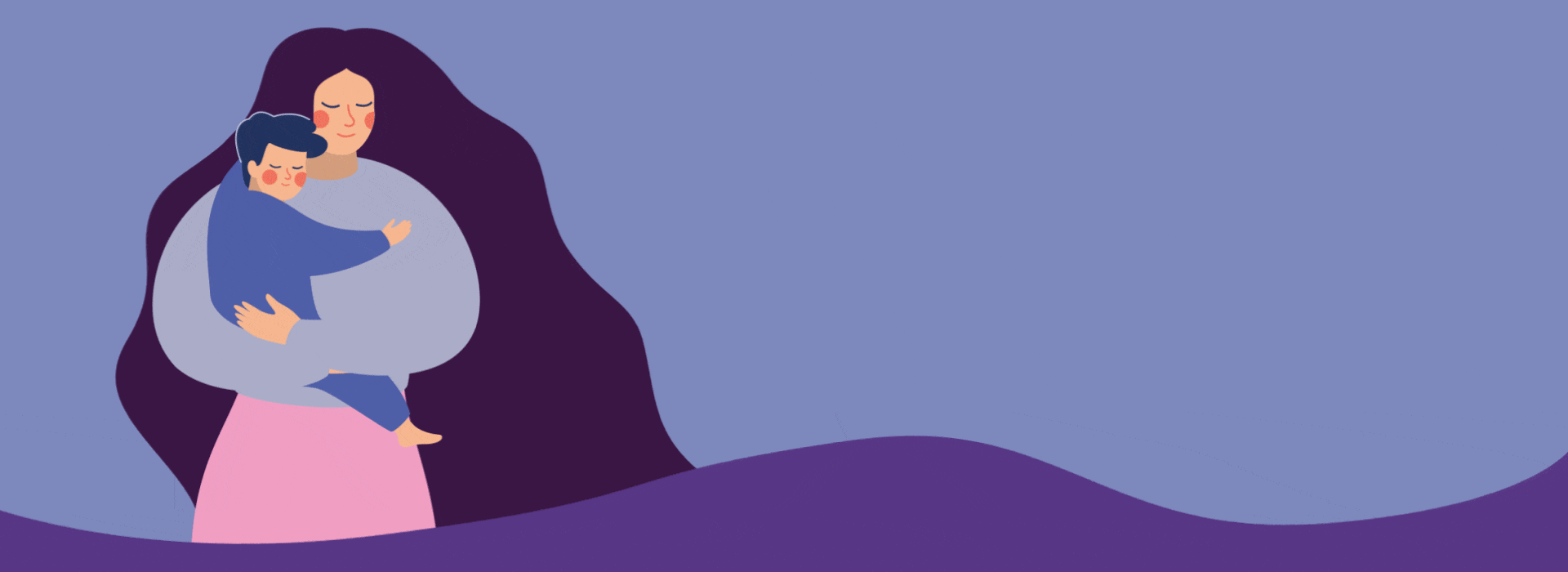
What is sleep and why do we sleep?
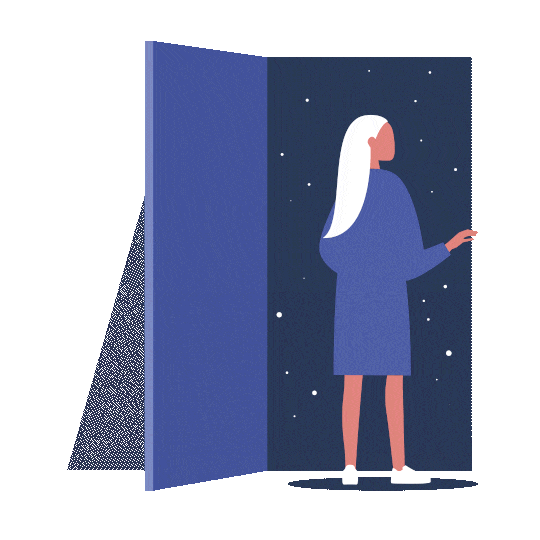
Sleep is something we have in common with almost every animal species on the planet. But all those different species sleep differently. Some, like us humans, have a single extended sleep period, while other sleep in short spurts, now and then. Elephants only sleep for two hours out of every 24, while some species of bats sleep for up to 20 hours a day.3
Why we sleep is still something of a scientific mystery. But we’re learning more and more about how we sleep and what happens when we sleep (or don’t sleep!).
It might feel like we’re doing nothing when we sleep, but the truth of the matter is that our bodies are very active when we sleep. As soon as we fall asleep, our blood pressure, pulse rate, body temperature, and respiratory rate all fall. Our muscles relax and our brain activity changes. Impressions and memories are processed, and new cells replace old ones. Communication within the cells that control the nervous system, the hormonal system, and the immune system increases.2
The sleep cycle
Our sleep is divided into sleep cycles, and we usually go through five sleep cycles per night. Every sleep cycle has four phases:4
1. Light sleep
1–5 minutes. You are only just asleep and can wake easily.2,4
2. Deeper sleep
10–60 minutes. Deeper relaxation and sleep.4
3. Deep non-REM sleep
20–40 minutes. The deepest non-dreaming sleep. This is when you find it hardest to wake up. This phase is thought to be important in terms of recovery for both your body and your brain.4
4. Dream sleep: REM (Rapid Eye Movement) sleep
10-60 minutes. Your brain’s activity increases again, and you dream. The percentage of dream sleep increases for each cycle. Dream sleep is thought to be particularly important to our emotional well-being.4
Why do we want to sleep?
Our bodies regulate our sleep in two ways – through sleep pressure and our circadian body clock.4
Sleep pressure is thought to be controlled by the neurotransmitter, adenosine, which increases in concentration in our bodies when we are awake. Caffeine, which is present in coffee amongst other things, reduces the effects of adenosine.4
Our body clock regulates WHEN we sleep and is controlled by the switches between daylight and darkness and regulated by the sleep hormones.4
Why do we want to sleep?
Our bodies regulate our sleep in two ways – through sleep pressure and our circadian body clock.4
Sleep pressure is thought to be controlled by the neurotransmitter, adenosine, which increases in concentration in our bodies when we are awake. Caffeine, which is present in coffee amongst other things, reduces the effects of adenosine.4
Our body clock regulates WHEN we sleep and is controlled by the switches between daylight and darkness and regulated by the sleep hormones.4
The internal body clock
The body’s own sleep hormone is, in evolutionary terms, very old – over 3 billion years. It plays many different roles in the body, not least in our internal body clock.5
Our body clock tells us when to sleep. And, like the majority of mammals, this is at night when it’s dark.3
Our body clock is controlled by light and darkness. Our eyes are constantly sending signals to the hypothalamus in the brain and when it’s light, the hypothalamus in turn sends signals that inhibit the production of sleep hormone. But when it gets dark, these signals are turned off and our body begins to secrete sleep hormones – and our body clock tells us it’s time to go to bed.6
Sometimes, our body clock can go wrong and we find it hard to sleep and wake at the right times. There can be many reasons why this happens, not least because in our modern society, there is plenty of light – even at night – and a whole host of other things that distract us from our body’s natural sleep signals.7
When you aren’t getting enough sleep to function normally during the day, this is what’s usually known as a “sleep disturbance.”
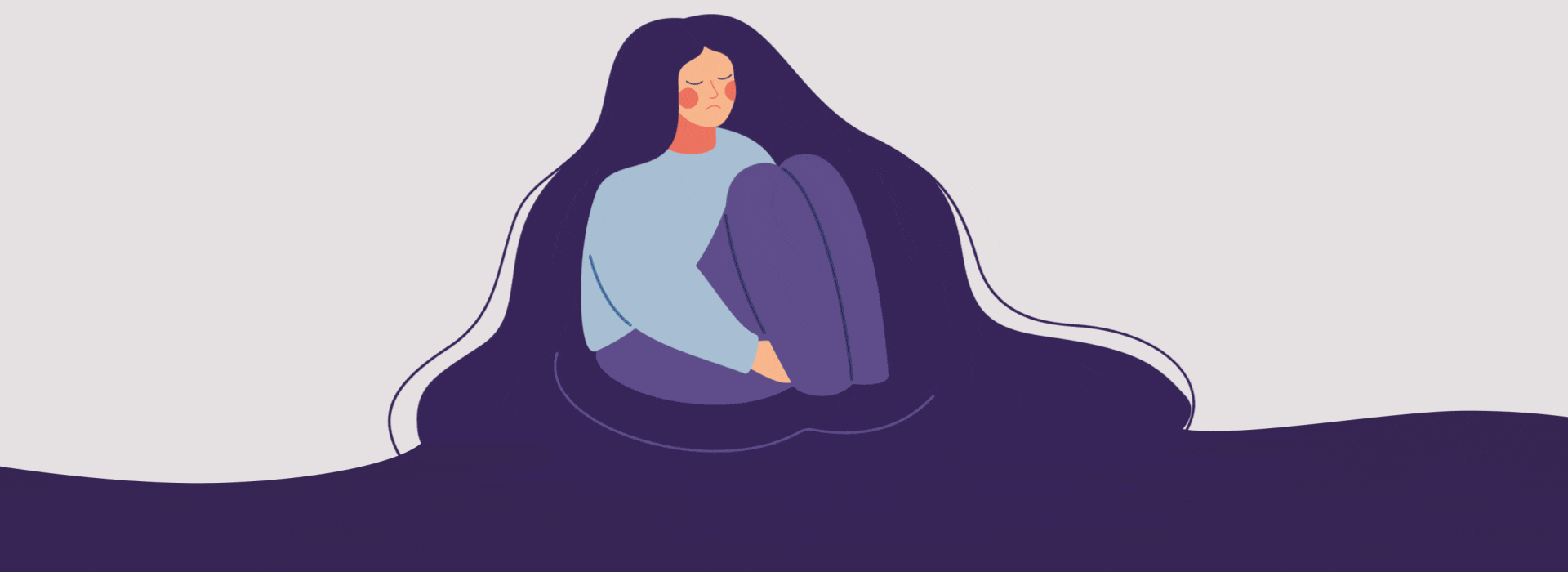
Sleep disturbances – when your body clock goes wrong
Around 4 in every 10 people say they find it hard to fall asleep. The problems seem to increase in middle age, and older people are more likely to say they have problems sleeping than younger ones. Women also have more sleep problems than men. Sleep problems are, in other words, pretty common. But they are also individual and manifest in different ways.1
There are five questions you can ask yourself to assess your general sleep health:2
1. Do you usually sleep for between 6 and 9 hours a night?
2. Do you usually sleep at night and are you usually awake during the day?
3. Do you sleep for the majority of the time you spend in bed?
4. Do you usually feel alert and awake during the day?
5. Are you, generally speaking, happy with your sleep?
If you can answer yes to all five questions, your sleep health is, in all probability, good.2
Sleep is one of our fundamental needs, and long-term sleep problems can have negative impacts on both your physical and mental health.8
Long-term sleep deficiency increases your risk of diabetes, anxiety, depression, substance abuse, and cardiovascular disease – conditions which, in turn, increase your risk of premature death. Johan Axelsson at the Karolinska Institute’s Department of Clinical Neuroscience equates the health risks associated with sleep disturbances and sleep deficiency with those associated with smoking and a sedentary lifestyle.9
In the short term, sleep deficiency causes a deterioration in our ability to function on a day-to-day basis, and there are a number of common symptoms you may experience in conjunction with short-term sleep deficiency:8
• Confusion, vertigo, and nausea
• Difficulty concentrating
• Hunger and sugar cravings
• Low spirits, anger, and irritation
Really severe sleep deficiency can even have the same effects as alcohol. Sleep deficiency-related traffic accidents are, for example, as common as alcohol-related ones.9
Our immune systems have also been shown to be sensitive to sleep deficiency. In a study at the Karolinska Institute, participants who had slept less than seven hours the previous night showed changes to their immune system. The NK cells, for example, which destroy cancer cells, worked 30 % less well than those in people who had slept for more than seven hours.9
Sleep disturbances and the ways in which they affect everyday functioning vary from one person to another. But if you recognise any of these complaints, there is a risk that you have a sleep disturbance:8
• It takes you at least 45 minutes to fall asleep
• You wake once or several times during the night and find it hard to get back to sleep
• You wake up too early, don’t feel well-rested, and can’t get back to sleep
• You’re tired or find it hard to stay awake during the day8
If you have sleep problems, despite efforts to improve your sleep routines, you should talk to a doctor. The earlier you get help, the better the chance of you getting your sleep sorted.8

Different types of sleep disturbance
Jetlag is a temporary sleep problem that can affect you when flying over multiple time zones, particularly in an easterly direction, e.g. from the USA to Europe. It happens when the natural body clock is set to the time zone you’re coming from, not the one in which you land. And as a result, you might find it difficult to fall asleep at your normal bedtime, feel tired during the day, and have digestive issues.10
Delayed sleep phase disorder means that your body clock is delayed, running later than your normal sleep time. As a result, you fall asleep and wake up later. People with delayed sleep phase disorder find it difficult to fall asleep before midnight – and may have problems getting up in the morning. Delayed sleep phase disorder seems to be a relatively unknown and under-diagnosed syndrome, in spite of the fact that at least 10,000 adults in Sweden are thought to be living with it. Delayed sleep phase disorder is most common amongst young people, who often develop it during puberty, and may be something they grow out of.11
Delayed sleep phase syndrome is treated using ordinary sleep hygiene measures, including reduced stress and caffeine intake, regular sleep habits, and reduced activity for a couple of hours before going to bed.11 Chronotherapy (gradually shifting the time at which you go to bed until it once again matches socially accepted body rhythms) and light therapy may also be useful.12
Virtually everyone finds it hard to sleep sometimes. But if the problems are long-lasting and are affecting your everyday life, you might be suffering from insomnia. People with insomnia find it hard to fall asleep, wake up during the night, and experience broken sleep. Almost one million Swedes have problems with insomnia.13
All of these symptoms are present in insomnia:13
• Difficulties in falling asleep and/or waking frequently, and/or waking too early
• Poorer functioning during the day
• Being dissatisfied with your sleep and suffering problems
• Experiencing sleep problems, on average, at least three times/week
• These problems have been ongoing for at least three months
Insomnia is probably under-diagnosed, and studies suggest that around 10% of the population are living with insomnia. More diffuse sleep problems are even more common and are found in 25-30% of people.14
Insomnia is primarily treated with advice on sleep hygiene and cognitive behavioural therapy (CBT).14
ADHD is a neuropsychiatric behavioural disorder that can present in a wide variety of different ways. ADHD often affects the ability to concentrate, to plan, to screen out the outside world, and to control one’s behaviour and mood. Around 5% of Swedish school children live with ADHD.15
25–50% of children and young people with ADHD also experience different degrees of sleep disturbances, including delayed sleep phase, resistance to going to bed, difficulties in waking, and daytime tiredness.15
Behaviours associated with ADHD often become more pronounced in conjunction with sleep disorders and sleep hygiene measures are important in alleviating insomnia in patients with ADHD.15
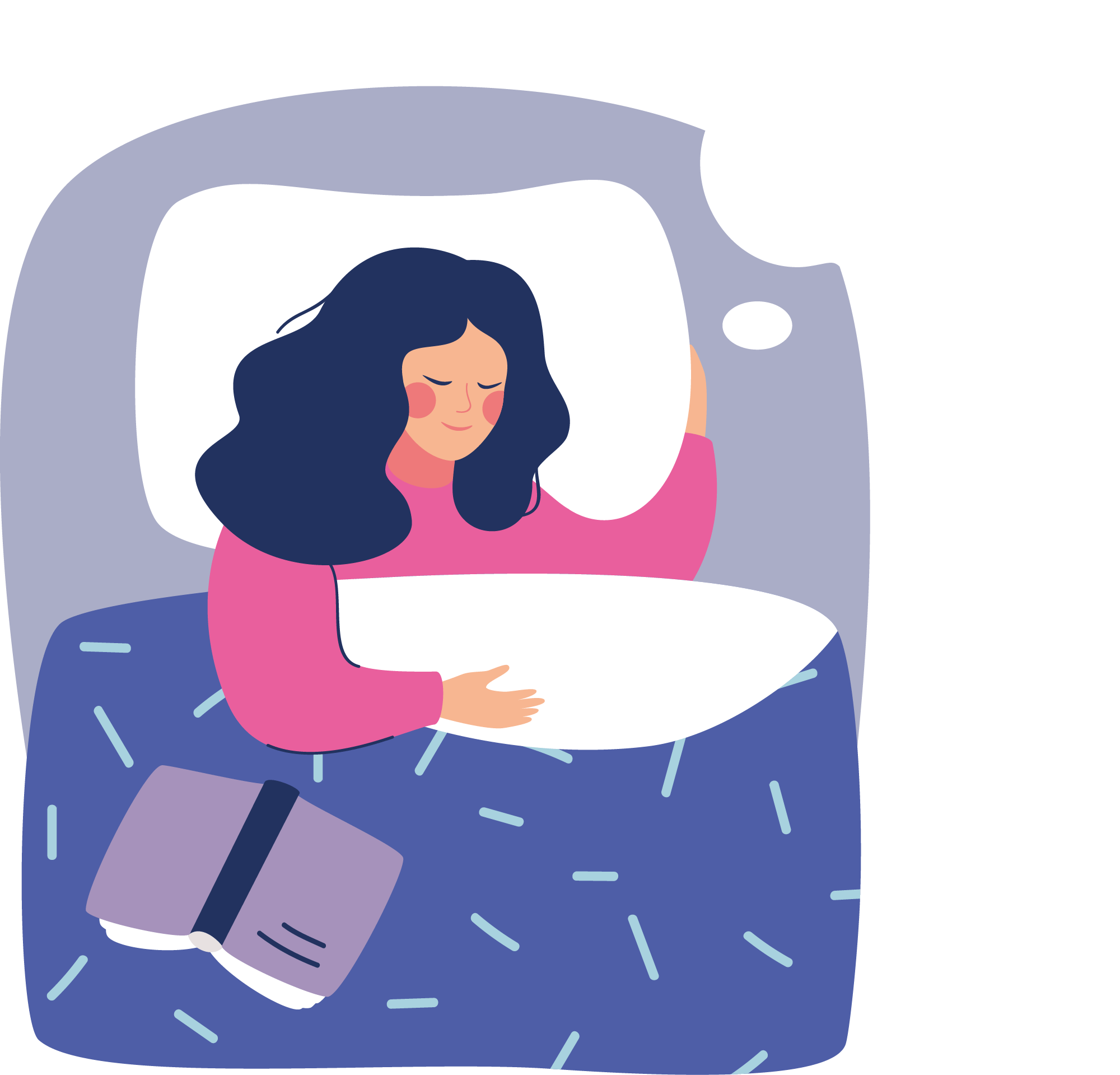
Good habits to keep your body clock working
Try and go to bed at more or less the same time every day – including at weekends.2
If you’re experiencing sleep difficulties, you should reduce your caffeine intake.8 Caffeine, which is present in coffee, tea, dark chocolate, and some soft drinks, amongst other things, competes with adenosine – a substance secreted by your body’s cells during the day, and which makes you feel tired. It takes 3-7 hours for half of your caffeine intake to be broken down by your body, which means that the amount of coffee you’ve drunk during the day affects the amount of caffeine in your body when it’s time to sleep.16
Alcohol, which disrupts every phase of your sleep (apart from actually falling asleep) can cause disturbed sleep, meaning that you wake more frequently during the night, and disrupt the vital recovery of your body and brain while you’re asleep. Snoring and sleep apnea (pauses in breathing while asleep) are worsened by alcohol.17
Eat early in the evening so you’re not too full when you go to bed – but not so early that you’re hungry, which can make it difficult to fall asleep.8
The light from mobile phones, computers, and tablet screens often mimics daylight and can consequently affect production of sleep hormone in the brain. Leave the screens outside your bedroom and try not to look at them in the hour before you go to bed.8
A cool, silent, and dark bedroom makes sleeping easier. Invest in proper blackout curtains and use thinner covers during the warmer times of the year.8
Get into the habit of chilling out at dusk, as our ancestors did. Turn the lights down low, and turn off all screens one hour before you go to bed. Air the bedroom so it’s cool. A bath or shower can help lower your body temperature and make it easier to fall asleep.8
Avoid taking naps after 3 o’clock in the afternoon. Short naps can help compensate for lost night-time sleep, but if you sleep too long, it’ll actually be harder to fall asleep at night.8
Keep moving during the day and don’t stay sedentary for extended periods of time.8
Your brain's production of sleep hormone is controlled by daylight. Making sure you get a few doses of natural daylight every day helps oil the wheels of your body’s own body clock, so it doesn’t break down.18
Set routines
Try and go to bed at more or less the same time every day – including at weekends.2
Caffeine and alcohol
If you’re experiencing sleep difficulties, you should reduce your caffeine intake.8 Caffeine, which is present in coffee, tea, dark chocolate, and some soft drinks, amongst other things, competes with adenosine – a substance secreted by your body’s cells during the day, and which makes you feel tired. It takes 3-7 hours for half of your caffeine intake to be broken down by your body, which means that the amount of coffee you’ve drunk during the day affects the amount of caffeine in your body when it’s time to sleep.16
Alcohol, which disrupts every phase of your sleep (apart from actually falling asleep) can cause disturbed sleep, meaning that you wake more frequently during the night, and disrupt the vital recovery of your body and brain while you’re asleep. Snoring and sleep apnea (pauses in breathing while asleep) are worsened by alcohol.17
Food
Eat early in the evening so you’re not too full when you go to bed – but not so early that you’re hungry, which can make it difficult to fall asleep.8
Reduce screen brightness
The light from mobile phones, computers, and tablet screens often mimics daylight and can consequently affect production of sleep hormone in the brain. Leave the screens outside your bedroom and try not to look at them in the hour before you go to bed.8
Cool and dark
A cool, silent, and dark bedroom makes sleeping easier. Invest in proper blackout curtains and use thinner covers during the warmer times of the year.8
Relax
Get into the habit of chilling out at dusk, as our ancestors did. Turn the lights down low, and turn off all screens one hour before you go to bed. Air the bedroom so it’s cool. A bath or shower can help lower your body temperature and make it easier to fall asleep.8
No late naps
Avoid taking naps after 3 o’clock in the afternoon. Short naps can help compensate for lost night-time sleep, but if you sleep too long, it’ll actually be harder to fall asleep at night.8
Movement
Keep moving during the day and don’t stay sedentary for extended periods of time.8
Daylight
Your brain's production of sleep hormone is controlled by daylight. Making sure you get a few doses of natural daylight every day helps oil the wheels of your body’s own body clock, so it doesn’t break down.18

Sleep Diary:
How well do you sleep? Honestly?
If you feel that you or someone you’re close to has sleep problems that are affecting them when they’re awake, it may be a good idea to talk to a doctor.
But it can be difficult to estimate how much and how well you’re sleeping. Try keeping a sleep diary in which you make a note every day of how long you’ve slept, when you fell asleep, and how well or poorly you think you slept.
Your sleep diary can act as useful evidence and help any health care professional you talk to make a diagnosis and, potentially, prescribe medication.
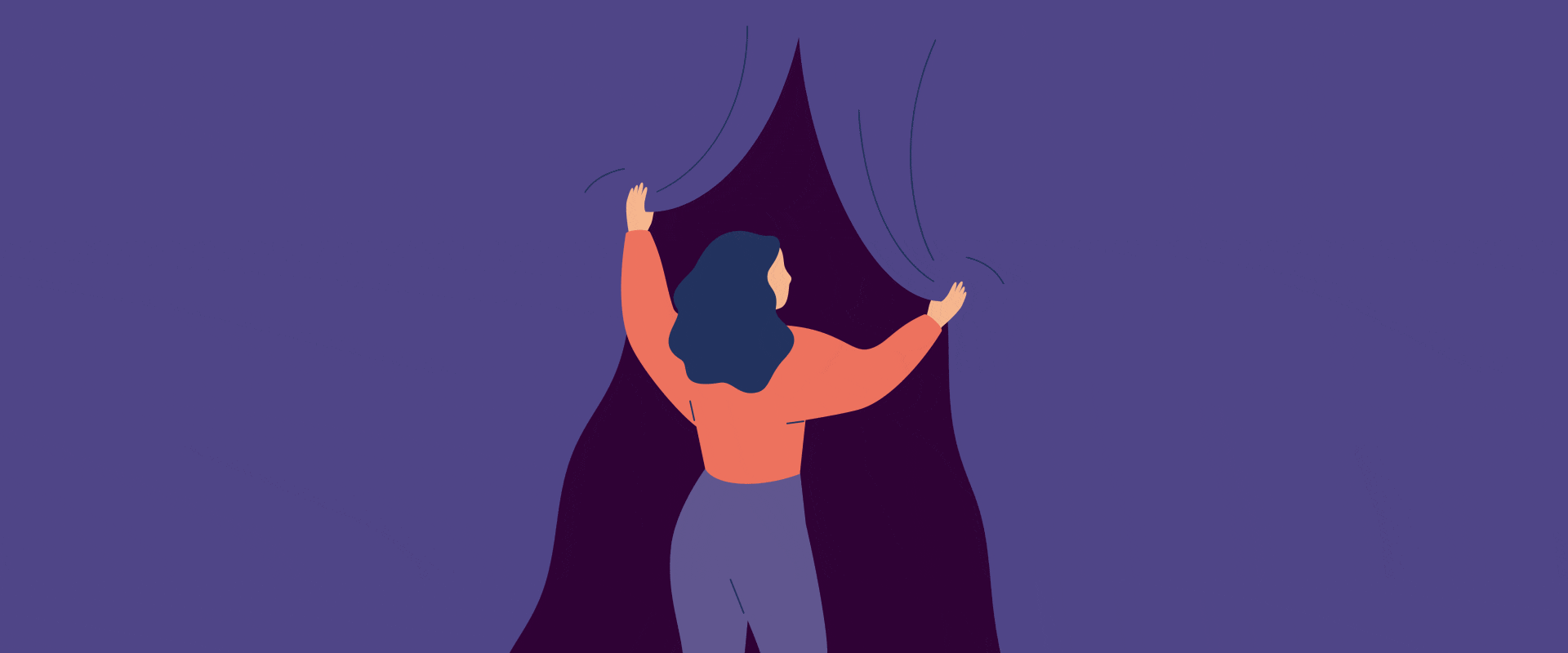
SE-MEL-AGB 0102 12/2024
© 2024 AGB-Pharma AB. Last updated 12/2024


